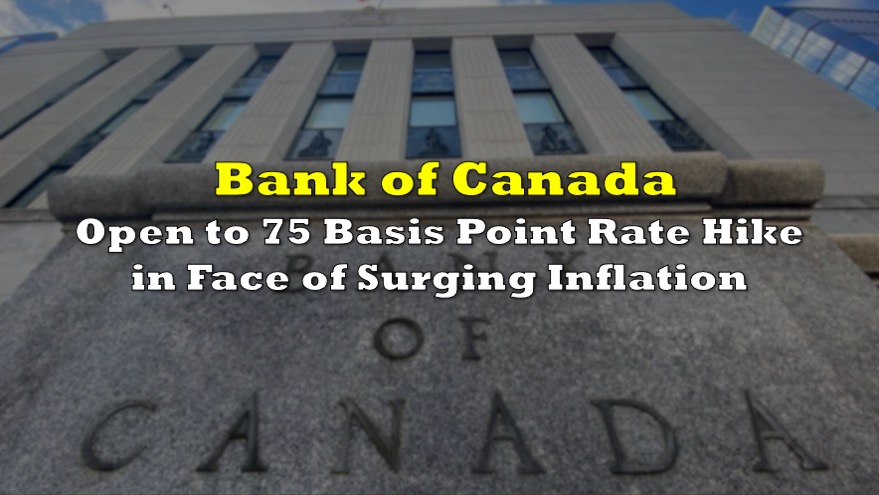On this episode of “Its Just Transitory!” Well here it is, folks! The jaw-clenching figure we have all been waiting for soared past expectations again, adding more fuel to the heated transitory-or-not debate.
Thursday morning’s CPI print surged by more than expected once again, further adding to the consecutive monthly build-up of inflation concerns that are becoming more and more prominent as the US economy gains momentum. The annual headline CPI for May stood at a whooping 5%, marking an increase of 0.6% from the previous month, and hotter than the consensus of 4.7%. This is highest inflation print since August 2008.

However, it was core CPI that was the most shocking, soaring to 3.8% year-over-year— the highest since 1992. Meanwhile, the price of goods surged to the highest since 1982, rising by 6.5%, while services prices also accelerated sharply. The jump in prices was relatively broad-based, as many of the same indices that have been increasing over the past year continued their trend upwards, such as used cars and trucks, household furnishings and operations, new vehicles, airline fares, and apparel.
Price pressures have been gaining momentum across the entire US economy, as companies struggle to meet a surge in demand amid ongoing material and labour shortages. Higher prices for inputs, logistics, and wages have forced numerous businesses to pass on the costs to consumers, as they attempt to protect their profit margins from further erosion.
At the same time, consumer spending has strengthened significantly, largely in part due to government stimulus checks and generous unemployment benefits. The lifting of Covid-19 restrictions, coupled with a strong vaccination rollout, have led to a whirlwind of social activity, raising the demand for services as well.
However, the real money question that has riveted economists and analysts is whether or not all of these factors will have a temporary impact on price pressures. The Federal Reserve has repeatedly insisted all of this is merely “transitory,” even noting back in April that “in an episode of one-time price increases as the economy reopens is not the same thing as, and is not likely to lead to, persistently higher year-over-year inflation into the future.”
The other side of the debate disagrees, pointing to trillions of dollars in fiscal spending that is likely contributing to the ongoing labour and product shortages, and by default rising wage costs.
So, Jerome Powell, is it “transitory” or not?
Information for this briefing was found via the BLS. The author has no securities or affiliations related to this organization. Not a recommendation to buy or sell. Always do additional research and consult a professional before purchasing a security. The author holds no licenses.









